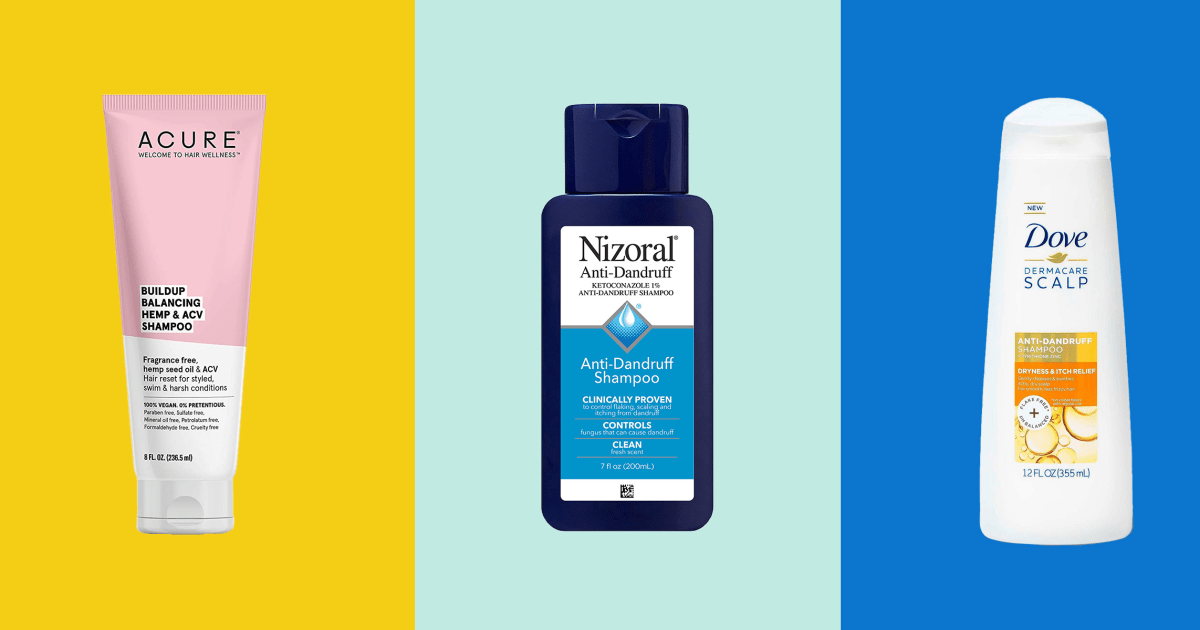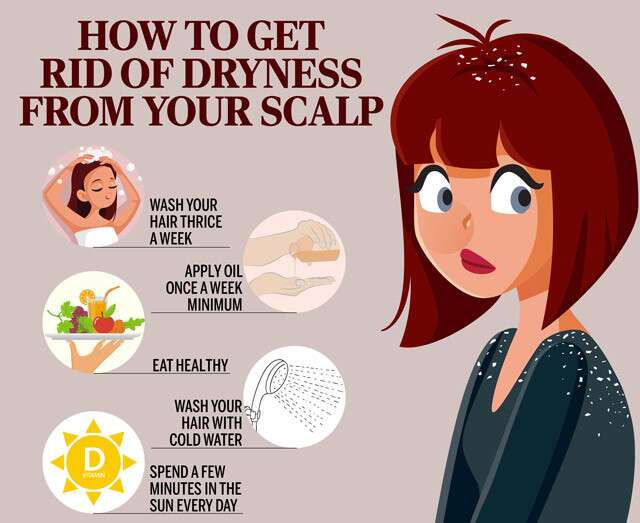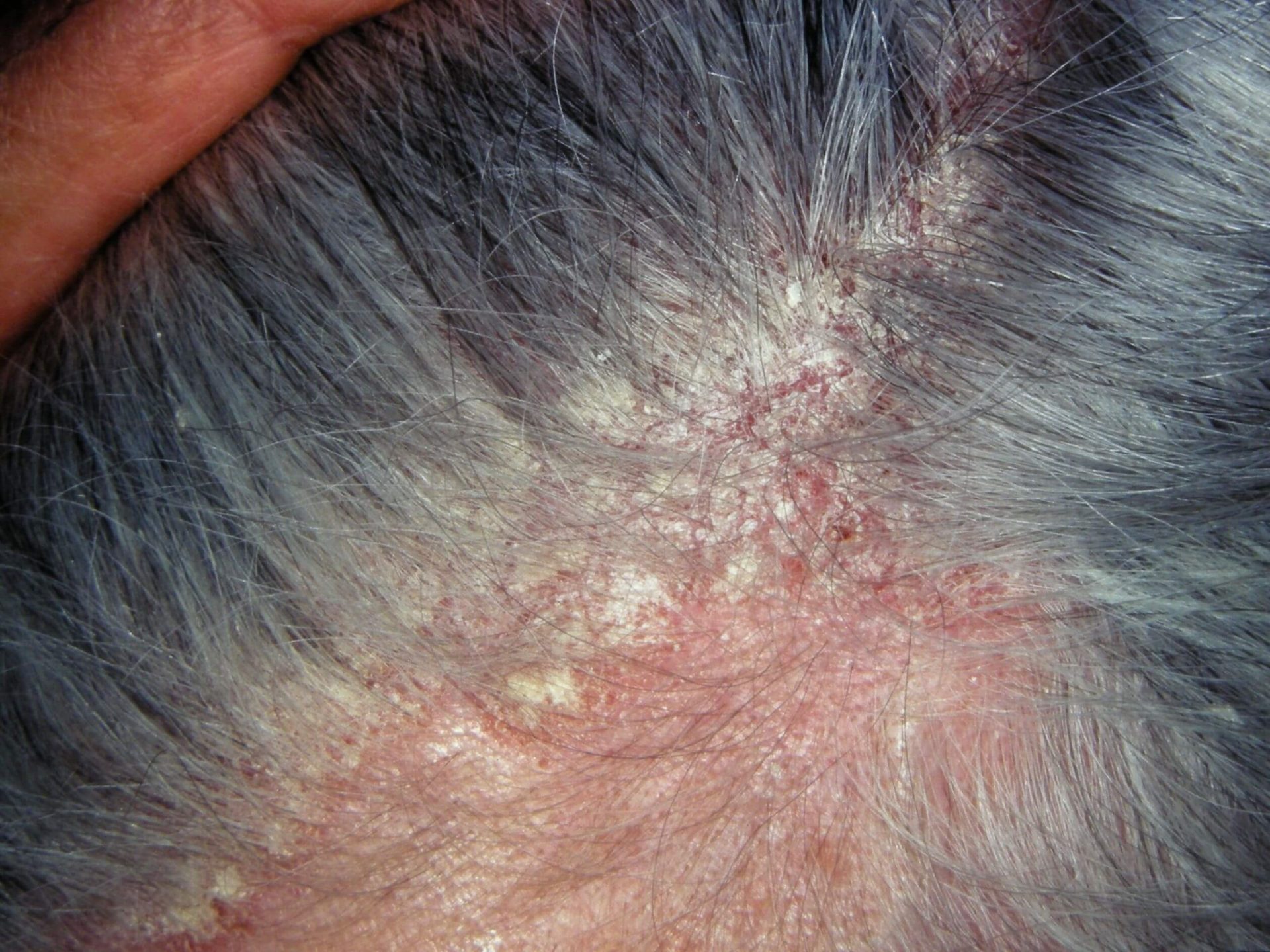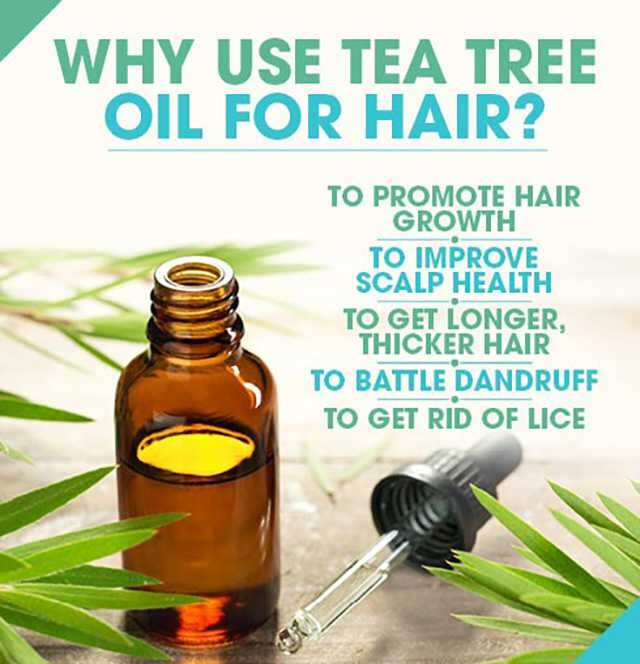Choosing the Right Anti-Dandruff Shampoo
Finding the perfect anti-dandruff shampoo can be a game-changer for your hair and scalp health. With countless options available, it’s crucial to select a shampoo that caters to your hair type and dandruff severity. In this section, we’ll guide you through the process of choosing the right anti-dandruff shampoo and share some top recommendations.
Understand Your Hair Type and Dandruff Severity
First and foremost, determine your hair type and the severity of your dandruff. Is your hair oily, dry, or a combination of both? Do you have mild dandruff or a more severe case? Knowing these factors will help you find a shampoo that targets your specific needs.
Read the Labels
Not all anti-dandruff shampoos are created equal. Pay close attention to the ingredients listed on the label. Look for active ingredients like ketoconazole, selenium sulfide, or zinc pyrithione, which are known to combat dandruff effectively. If you prefer a gentler approach, consider sulfate-free and paraben-free shampoos.
Top Recommendations
Here are some highly-rated anti-dandruff shampoos for different hair types and concerns:
– Nizoral A-D: Ideal for severe dandruff and flaking, this shampoo contains ketoconazole, a powerful antifungal agent.
– Head & Shoulders Clinical Strength: Perfect for oily hair, this shampoo helps control excess oil while fighting dandruff.

– Dove DermaCare Scalp: Designed for dryness and itchiness, this shampoo moisturizes the scalp while treating dandruff.
– Neutrogena T/Gel Therapeutic: Recommended for psoriasis and seborrheic dermatitis, this shampoo contains coal tar, which helps reduce inflammation and itching.
Don’t Forget to Condition
Using a conditioner after shampooing is essential for maintaining hair health. It helps lock in moisture, preventing dryness and making your hair less prone to dandruff.
Give It Time
Patience is key when trying a new anti-dandruff shampoo. It may take a few weeks to see noticeable improvements. If you don’t see any changes after consistent use, consider trying a different shampoo or consult a dermatologist for professional advice.
Incorporating the right anti-dandruff shampoo into your hair care routine can make a world of difference. By understanding your hair type, dandruff severity, and carefully selecting a product with suitable ingredients, you’ll be on your way to a healthier, flake-free scalp.
Home Remedies for Dandruff
Dandruff can be a pesky problem, but fear not! There are several cost-effective home remedies that can help you combat this common issue. In this section, we’ll explore some of these remedies and help you differentiate between dry scalp and dandruff. So, let’s dive in and discover how to achieve a flake-free scalp!
Tea Tree Oil: A Natural Antifungal
Tea tree oil is a popular natural remedy for dandruff, thanks to its antifungal properties. To use tea tree oil, mix a few drops with a carrier oil like coconut oil and massage it into your scalp. Leave it on for about 30 minutes before rinsing it off with a mild shampoo. You can also find Puriya’s sulfate-free tea tree shampoo for a ready-made solution.
Apple Cider Vinegar: Restore Scalp pH
Apple cider vinegar (ACV) can help restore your scalp’s pH balance, which can reduce dandruff. Mix equal parts ACV and water, and apply the solution to your scalp. Let it sit for about 15 minutes before rinsing it off with water. Remember to perform a patch test before using ACV to avoid any adverse reactions.
Baking Soda: Gentle Exfoliation
Baking soda is a gentle exfoliant that can help remove dead skin cells and reduce dandruff.

Mix a tablespoon of baking soda with water to form a paste, and apply it to your scalp. Gently massage it in and leave it on for a few minutes before rinsing it off.
Aloe Vera: Soothe and Moisturize
Aloe vera is known for its soothing and moisturizing properties, making it an excellent remedy for dandruff. Apply pure aloe vera gel directly to your scalp and let it sit for about 30 minutes before rinsing it off with a mild shampoo.
Coconut Oil: Hydrate and Nourish
Coconut oil is a natural moisturizer that can help hydrate your scalp, reducing dandruff. Massage a small amount of coconut oil into your scalp and leave it on for about an hour before washing it off with a gentle shampoo.
Dry Scalp vs. Dandruff: Know the Difference
It’s essential to differentiate between dry scalp and dandruff, as they have different causes and treatments. Dry scalp is caused by a lack of moisture and can lead to itchiness and small, white flakes. On the other hand, dandruff is caused by an overgrowth of yeast or fungus on the scalp, leading to larger, yellowish flakes and inflammation.
In conclusion, home remedies like tea tree oil, apple cider vinegar, baking soda, aloe vera, and coconut oil can effectively treat dandruff. However, it’s crucial to perform a patch test before using any of these remedies to avoid adverse reactions. Remember, a healthy scalp is the foundation for healthy hair, so don’t hesitate to try these natural treatments and enjoy a flake-free life!
Understanding Scalp Conditions
Understanding various scalp conditions is crucial for maintaining optimal hair health. In this section, we’ll explore the causes and treatment options for seborrheic dermatitis, contact dermatitis, and scalp psoriasis. By gaining a better understanding of these conditions, you can take the necessary steps to alleviate discomfort and improve your overall scalp health.
Seborrheic Dermatitis
Seborrheic dermatitis is a common condition characterized by red, itchy, scaly patches on the scalp. While the exact cause is unknown, factors such as genetics, stress, and immune system function may contribute to its development. To manage seborrheic dermatitis, consider using medicated shampoos and topical corticosteroids. Additionally, maintaining good scalp hygiene and managing stress levels can help alleviate symptoms. Interestingly, this condition is sometimes referred to as “cradle cap” in infants.
Contact Dermatitis
Contact dermatitis occurs when the scalp reacts to a substance it comes into contact with, such as hair products, chemicals, or metals. Symptoms include redness, itching, and swelling in the affected area(s). Even natural substances like certain plants or animal hair can cause contact dermatitis. To prevent this condition, avoid triggering substances and opt for gentle, hypoallergenic haircare products.

Scalp Psoriasis
Scalp psoriasis is an autoimmune disorder that causes thick, red, scaly patches on the scalp. If left untreated, it can lead to hair loss. This condition can also occur alongside other types of psoriasis on the skin or nails. Treatment options for scalp psoriasis include medicated shampoos, topical corticosteroids, and UV therapy. In severe cases, oral medications or injections may be necessary.
For those seeking a natural solution, consider trying Puriya Tea Tree Shampoo. This sulfate-free shampoo contains tea tree oil, arnica, and sage, which are known for their soothing and anti-inflammatory properties. It’s designed to provide relief and rejuvenation for people with seborrheic dermatitis, contact dermatitis, and scalp psoriasis.
In conclusion, understanding the causes and treatment options for various scalp conditions is essential for maintaining healthy hair. By being proactive and seeking appropriate treatments, you can effectively manage these conditions and enjoy a healthier, more comfortable scalp.
Importance of Scalp Care
Taking care of your scalp is crucial for maintaining optimal hair health. A healthy scalp is home to hair follicles that influence the overall condition of your hair. In this section, we will discuss the significance of scalp care and provide tips for finding the right routine for your specific needs.
Why Scalp Care Matters
A balanced and diverse scalp environment leads to visibly healthier hair. Factors such as sun exposure and sweat can cause scalp pores to clog, harming hair health. Protecting your scalp from extreme heat and stress can promote better scalp health, leading to stronger and shinier hair.
Moreover, using the right shampoo and scalp massagers can help exfoliate and clean the scalp, further improving its health. Incorporating hair oils, detoxes, and hydrating products into your routine can also contribute to a healthier scalp.
Personalizing Your Scalp Care Routine
Everyone’s hair is unique, and so are their scalp care needs. Consider your hair type, climate, and lifestyle when choosing products and routines. For instance, if you have an oily scalp, opt for a gentle clarifying shampoo free of harsh sulfates, like OUAI Detox Shampoo. This shampoo can cleanse your hair and scalp without stripping natural oils.
If you have a dry scalp, using a lightweight oil on your hair’s ends can help maintain healthy tresses from root to tip. Nutrafol. Their Scalp Mask and Scalp Essence conquer pore-clogging oils, product buildup, and sensitivity, while their Hair Serum replenishes nutrients and provides stress protection.
Incorporating these tips into your daily routine can help you achieve a healthier scalp and ultimately, healthier hair. Remember, consistency is key, and finding the right products and routines for your specific needs will make all the difference.
Tea Tree Oil for Scalp Health
Tea tree oil is a powerful, natural remedy that can work wonders for your scalp health. Extracted from the leaves of the tea tree plant native to Australia, this essential oil has been praised for its anti-inflammatory and antimicrobial properties. In this section, we’ll explore the benefits of tea tree oil for combating dandruff, psoriasis, and promoting overall scalp health, along with providing usage instructions.
Tea Tree Oil: A Natural Solution for Dandruff and Scalp Issues
Dandruff can be a frustrating issue to deal with, but tea tree oil offers a natural solution. Its antifungal properties can counteract fungi like Malassezia and Candida, which influence dandruff and eczema symptoms. Moreover, tea tree oil’s anti-inflammatory and analgesic effects help relieve eczema symptoms, making it a versatile remedy for various scalp conditions.
How to Use Tea Tree Oil for Scalp Health
Before using tea tree oil, it’s essential to dilute it with a carrier oil such as coconut, almond, or avocado oil to avoid drying the skin. Additionally, test the oil on a small area of skin to check for irritation before applying it to the whole affected area.
One effective way to use tea tree oil for dandruff is by creating an aloe vera hair mask. Mix a few drops of tea tree oil with aloe vera gel and apply the mixture to your scalp. Leave it on for 15 minutes before washing with lukewarm water. This soothing treatment can help reduce dandruff and promote hair health.

For those with oily hair, green tea can be a game-changer. Rich in antioxidants, green tea can reduce sebum production, making hair less greasy. Apply green tea directly to your scalp or use a shampoo containing green tea for best results.
Tea Tree Oil for Acne and Rosacea
Tea tree oil isn’t just great for your scalp; it’s also a natural remedy for acne and rosacea. When combined with coconut oil, tea tree oil can reduce inflammation, fight bacteria, and soothe the skin. Create a facial cleanser by mixing a few drops of tea tree oil with coconut oil and gently massage it onto your face. Rinse with warm water and pat dry.
For a cooling mist that can help reduce inflammation, mix distilled water and tea tree oil in a spray bottle. Spritz onto your face whenever you need a refreshing boost.
Precautions and Consultation
While tea tree oil offers numerous benefits, it’s crucial to consult a dermatologist for eczema symptoms and avoid consuming the oil orally. The tips and suggestions mentioned here are for general information purposes only and should not be construed as professional medical advice. Always consult a doctor or dietician before starting any fitness program or making changes to your diet.
Incorporating tea tree oil into your hair and skincare routine can lead to healthier, happier skin and hair. Give it a try and experience the natural benefits for yourself!




I do not even know how I finished up here, however I believed this submit was great. I don’t realize who you are but definitely you are going to a famous blogger in the event you aren’t already 😉 Cheers!
Thank you for another fantastic post. Where else could anybody get that type of info in such a perfect way of writing? I’ve a presentation next week, and I am on the look for such info.
I think other site proprietors should take this web site as an model, very clean and great user friendly style and design, as well as the content. You’re an expert in this topic!
After examine a few of the blog posts on your website now, and I truly like your way of blogging. I bookmarked it to my bookmark web site listing and will be checking again soon. Pls take a look at my web site as nicely and let me know what you think.